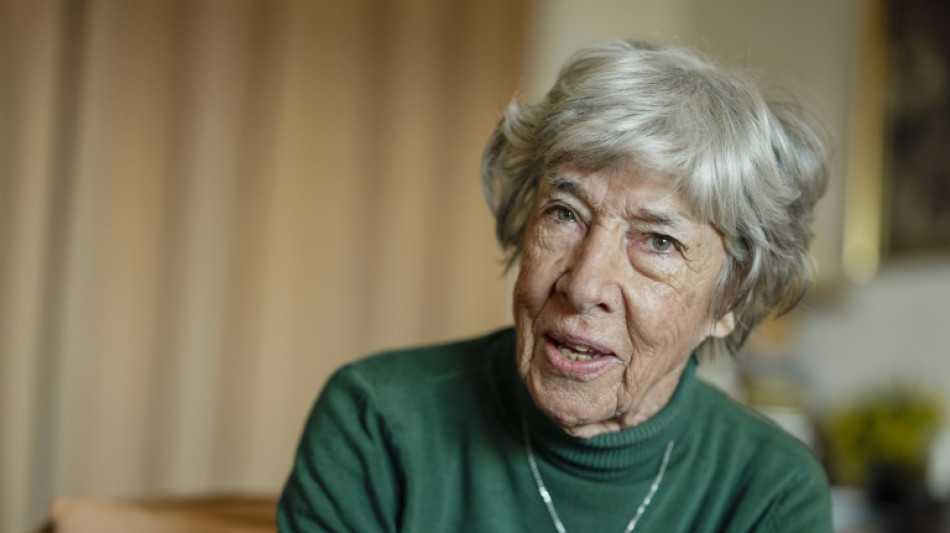
-
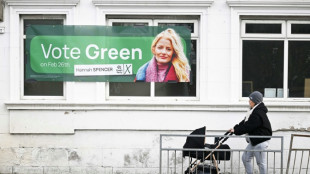 UK Labour party threatened by hard-right, leftists in heartland
UK Labour party threatened by hard-right, leftists in heartland
-
Australian PM sorry after saying sexual assault survivor 'difficult'

-
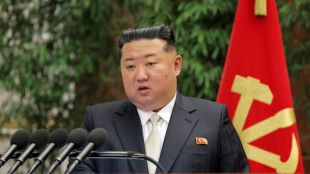 Kim Jong Un spurns olive branch from 'hostile' South Korea
Kim Jong Un spurns olive branch from 'hostile' South Korea
-
DR Congo sanctuary resists bloody forest sell-off
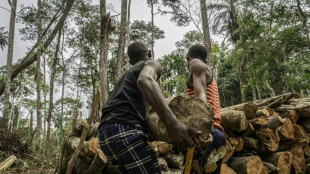
-
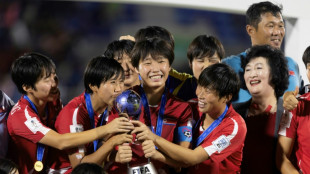 North Korea looking to replicate youth success at Women's Asian Cup
North Korea looking to replicate youth success at Women's Asian Cup
-
Deal or no deal: What's the state of Trump's tariffs?

-
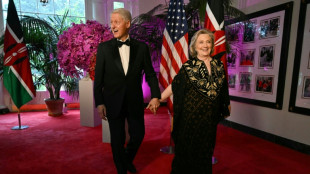 Hillary Clinton to testify in US House panel's Epstein probe
Hillary Clinton to testify in US House panel's Epstein probe
-
African migrants won legal protections - then Trump deported them

-
 US women's ice hockey captain responds to 'distasteful' Trump remark
US women's ice hockey captain responds to 'distasteful' Trump remark
-
US presses missile issue as new Iran talks to open in Geneva
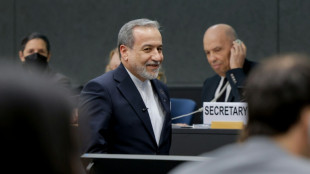
-
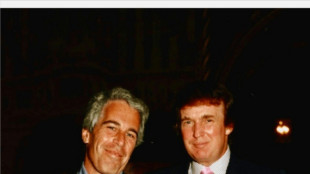 US government accused of major 'cover-up' over Trump sex abuse claims
US government accused of major 'cover-up' over Trump sex abuse claims
-
US eases Cuba oil embargo but demands 'dramatic' change

-
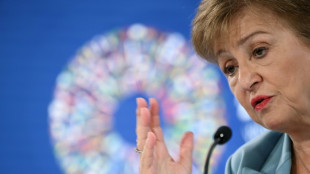 IMF urges US to work with partners to ease trade restrictions
IMF urges US to work with partners to ease trade restrictions
-
Brumbies not getting carried away by emphatic Super Rugby start

-
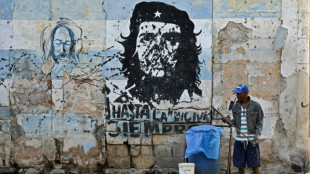 Cuba coast guard kills four on US-registered speedboat
Cuba coast guard kills four on US-registered speedboat
-
Juve lick wounds after painful Champions League exit

-
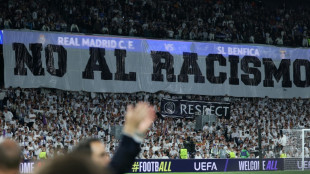 Real Madrid victory for 'everyone against racism': Tchouameni
Real Madrid victory for 'everyone against racism': Tchouameni
-
Wallabies skipper Wilson back from injury in clash of heavyweight coaches

-
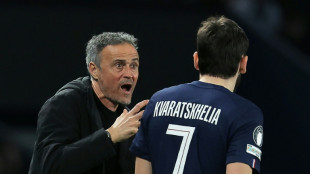 PSG coach Luis Enrique calls on team to raise their game in Champions League last 16
PSG coach Luis Enrique calls on team to raise their game in Champions League last 16
-
Nvidia smashes forecasts with record quarter as AI boom rolls on

-
 Vinicius seals Real Champions League progress as PSG edge out Monaco
Vinicius seals Real Champions League progress as PSG edge out Monaco
-
Galatasaray survive Juve scare to squeeze into Champions League last 16
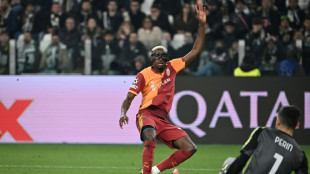
-
 PSG survive Monaco scare to reach Champions League last 16
PSG survive Monaco scare to reach Champions League last 16
-
Vinicius hits winner as Real Madrid eliminate Benfica after racism row
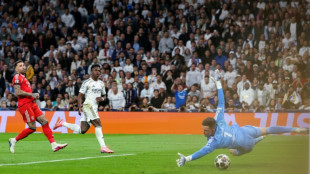
-
 Harden fractures thumb in blow to in-form Cavaliers
Harden fractures thumb in blow to in-form Cavaliers
-
Hope fades in search for missing after Brazil rains kill 46
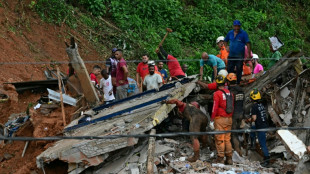
-
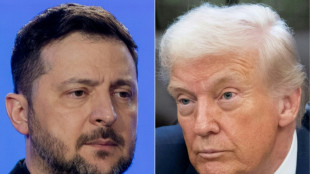 Trump, Zelensky speak before Ukraine-US talks in Geneva
Trump, Zelensky speak before Ukraine-US talks in Geneva
-
Scam centres 'destroying' Cambodia's economy, PM tells AFP
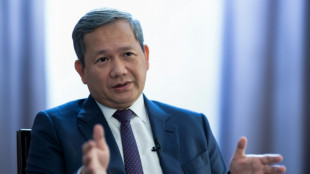
-
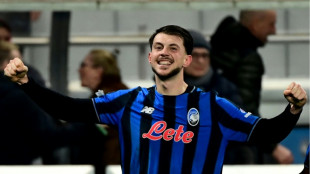 Last-gasp Atalanta eliminate Dortmund to reach Champions League last 16
Last-gasp Atalanta eliminate Dortmund to reach Champions League last 16
-
Iran negotiators arrive in Geneva for high-stakes US talks
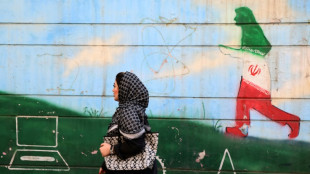
-
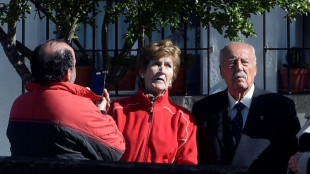 Antonio Tejero, leader of Spain's failed 1981 coup, dies at 93
Antonio Tejero, leader of Spain's failed 1981 coup, dies at 93
-
Hakimi, set to face trial for rape, in PSG team for Champions League game

-
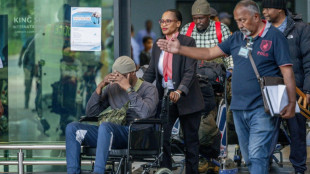 Eleven men lured into Russia war returned to South Africa
Eleven men lured into Russia war returned to South Africa
-
Brazil politicians convicted for ordering murder of black activist councilor

-
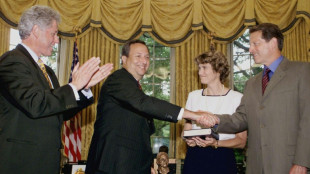 Ex-US Treasury chief Summers quits Harvard over Epstein ties
Ex-US Treasury chief Summers quits Harvard over Epstein ties
-
Modi says India stands 'firmly' with Israel during visit
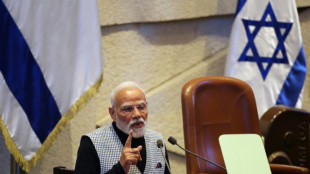
-
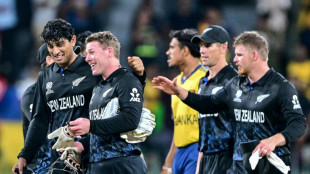 New Zealand knock sorry Sri Lanka out of T20 World Cup
New Zealand knock sorry Sri Lanka out of T20 World Cup
-
Berlinale meet called over film director's anti-Israel speech

-
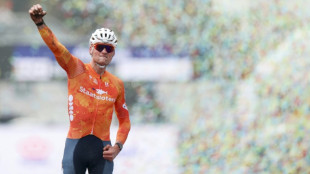 Van der Poel to make season bow at Omloop Het Nieuwsblad
Van der Poel to make season bow at Omloop Het Nieuwsblad
-
Maria Grazia Chiuri's Fendi homecoming feted in Milan

-
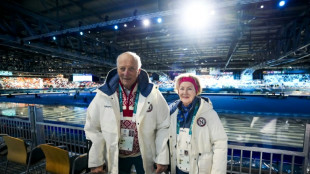 Norway's King Harald to stay in hospital to treat infection: doctor
Norway's King Harald to stay in hospital to treat infection: doctor
-
Mbappe season on ice ahead of silverware sprint, World Cup

-
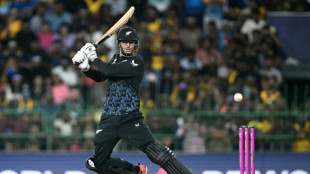 New Zealand produce late flurry to reach 168-7 against Sri Lanka
New Zealand produce late flurry to reach 168-7 against Sri Lanka
-
France appoints new Louvre chief after jewellery heist
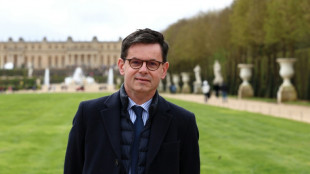
-
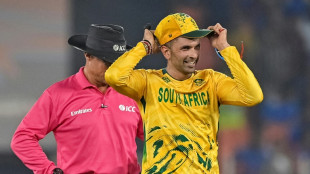 No Ahmedabad advantage for South Africa against West Indies: Maharaj
No Ahmedabad advantage for South Africa against West Indies: Maharaj
-
Scotland fans skirt World Cup rules for kilt bags

-
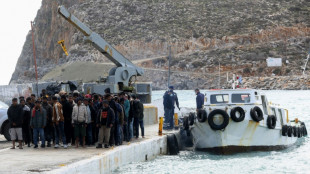 18 Egyptians missing after deadly boat capsize near Greece
18 Egyptians missing after deadly boat capsize near Greece
-
Stock markets strike record highs as AI concerns ease

-
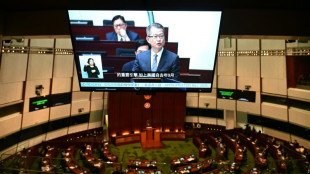 Hong Kong finance chief tips up to 3.5% growth this year
Hong Kong finance chief tips up to 3.5% growth this year
-
Arctic underdogs Bodo/Glimt topple Champions League giants in 'fairytale'
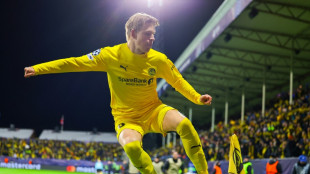

Dutch child survivor of Japan's WWII camps breaks silence
It has taken Tineke Einthoven 80 years to be able to speak about what she lived through as a child in brutal Japanese internment camps during World War II without breaking down.
"Now I can talk about it without crying," said the Dutch woman who was four when she and her family were captured and held in "horrible" conditions in a camp on the Indonesian island of Java.
Her three-year nightmare began early in 1942, a few months after the Japanese attacked the US naval base at Pearl Harbor in Hawaii.
"There was a lot of bombing and the Japanese arrived. We had dug a big hole in the garden to shelter my parents, my brother and my two sisters, as well as the family of our servants," the 87-year-old psychologist recalled, speaking publicly for the first time about the ordeal.
Indonesia was a Dutch colony at the time, and Imperial Japan was keen to get its hands on its oil fields and rubber plantations.
The Japanese separated her father, Willem Frederik Einthoven, from the rest of the family, and they did not hear from him for a year.
The son of Nobel Prize winner Willem Einthoven, the inventor of the electrocardiogram, he was an engineer who headed Radio Malabar, the communications link with the Netherlands, but he refused to collaborate with his captors.
- One in 10 perished -
His wife and children were sent to a camp in Tjibunut, near Bandung, where they were held with thousands of other Dutch, British and Australian civilians.
The vast majority of the 130,000 Allied civilians held by the Japanese during the war were Dutch, with more than one in 10 dying in the camps.
The fact that there were more than twice as many Dutch civilians as military prisoners of war has meant that their ordeal is more "vivid in Dutch collective memory", said historian Daniel Milne of the University of Kyoto.
"We often had nothing more than a bit of rice to eat," said Einthoven.
"Since I was the smallest, I would slip under the fence to find food outside the camp, but I could only get weeds," Einthoven added. Parents were punished if a child was caught. "We risked the death penalty."
"We suffered from hunger, lack of water, the heat, a total lack of hygiene and hours spent under the sun being counted and recounted."
One of Einthoven's friends named Marianne, to whom she had given a doll, died of diphtheria.
"I wondered if that doll would also cross to the other side; it was my first questioning of death," she said.
- Convoys bombed -
Then, in January 1944, the family was reunited and deported to Japan, where the Japanese military wanted her father and his team to invent a radar system.
During the journey, their convoy was bombed by the Americans, but their ship was spared. Many were not so lucky, with thousands of Dutch POWs perishing on the voyage, their ships sunk or torpedoed.
The 60 or so camps that held "some 1,200 civilians in Japan" are little known, said Mayumi Komiya of the POW Research Network Japan.
Some of the prisoners did not survive, including Tineke's father, who died of pneumonia at 51, weakened by the lack of food and the long march to the laboratory that had been set up for him.
The family was then sent to a temple 300 kilometres (185 miles) west of Tokyo, where they survived in isolation.
They heard about Emperor Hirohito announcing Japan's surrender on August 15, 1945 from "some Italians, who were also prisoners not far away. One of them threw himself into my mother's arms, and she was very embarrassed," Einthoven recalled.
She still remembers licking soup off rocks with other children from cans that had shattered during a failed American parachute drop to them.
Repatriated via Australia to the Netherlands, Tineke worked after the war as a psychologist in Geneva, Nice in France, and neighbouring Monaco, and had two children.
But she never shared her experiences of those years with anyone beyond her family.
"I am speaking out today to show that even if one has lived through something horrible, one doesn't have to suffer your entire life. You can move on if you choose to free yourself from the victim status," she said with a smile.
F.Bennett--AMWN

